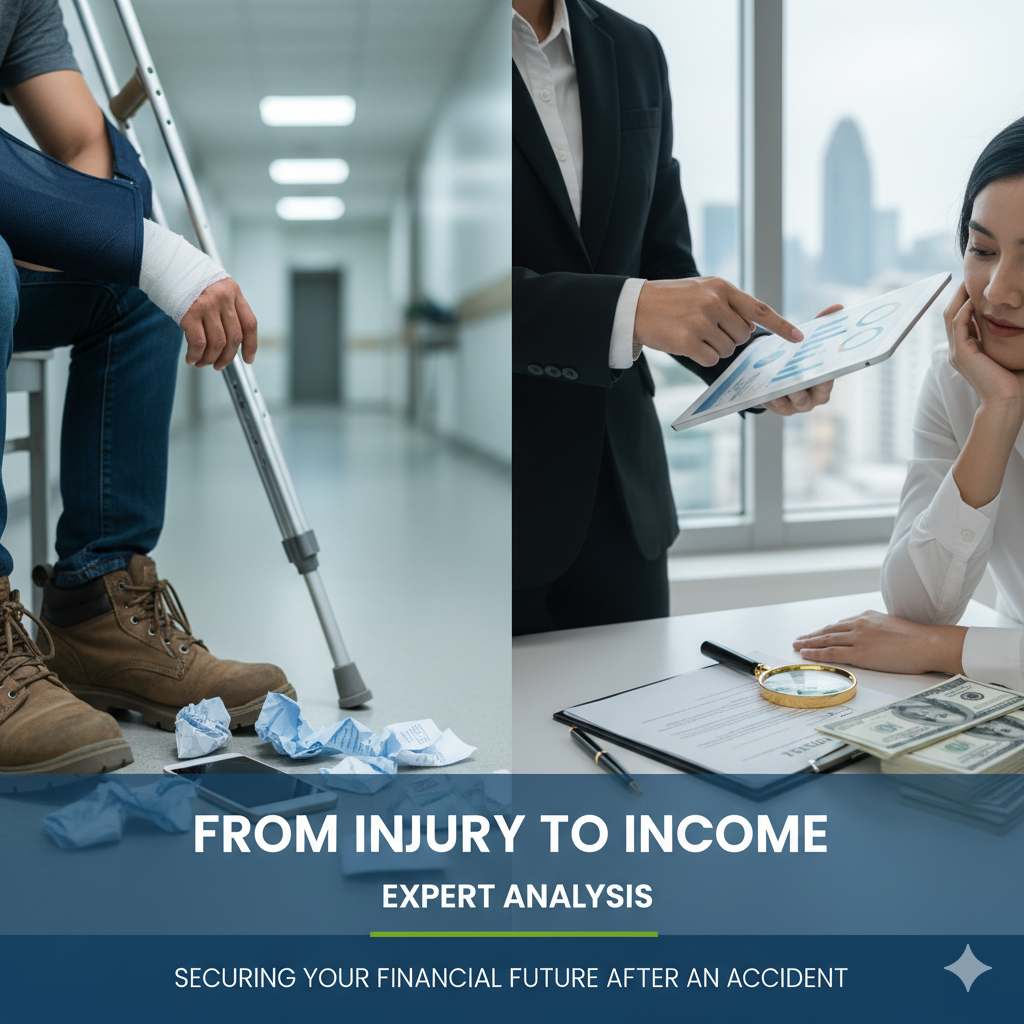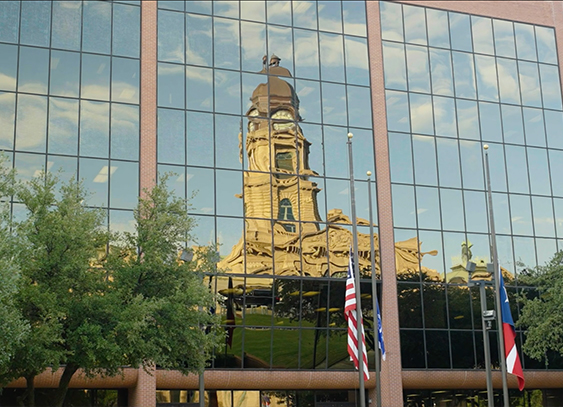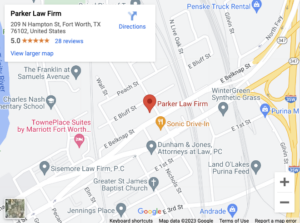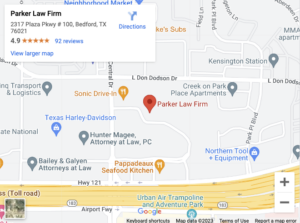From Injury to Income: How Expert Analysis Secures Your Financial Future After an Accident

I’m Brad Parker. For more than three decades, I’ve stood beside people whose lives were upended by an accident or injury. One of the single most powerful tools in those fights and one too often misunderstood by the public and by some lawyers is the vocational expert. At Parker Law Firm, we treat vocational evidence not as an optional add-on, but as a central, strategic component of proving a client’s losses. Here’s our definitive take on the role of a vocational expert in a personal injury case and how we leverage it to secure justice for our clients.
What a vocational expert actually does
A vocational expert explains how an injury affects a client’s ability to work, today and in the future. They translate medical restrictions, functional limitations, education, work history, transferable skills, and local labor market realities into a real-world analysis of employability and lost earning capacity. That analysis can include:
- A work-capacity assessment tied to medical restrictions.
- Transferability of skills to other employment.
- Availability of comparable jobs in the local labor market.
- Wage projections and lost-earning calculations over a claimant’s work-life expectancy.
- The vocational feasibility and cost of retraining or rehabilitation.
In short, medical records tell you what the body can or cannot do; a vocational expert tells you what that means for living, supporting a family, and earning a future.
Why vocational experts matter, beyond the numbers
Insurance adjusters want numbers they can reduce. Juries want stories they can understand. A skilled vocational expert connects the dots between clinical reports and the daily reality an injured person faces: loss of a meaningful job, the humiliation of missed work, the expense and time required to retrain, and the risk that the person never fully recovers their prior earning trajectory. At trial, that translation allows jurors to award amounts that reflect real loss, not just a line item on a spreadsheet.
Parker Law Firm’s approach is individualized, collaborative, and strategic
We don’t let vocational analyses be a checkbox. Here’s how we make vocational evidence work for our clients:
Case-by-case evaluation. Every person’s work life is different. Two clients with similar injuries may have wildly different earning trajectories because of education, trade certifications, language skills, or family responsibilities. Our team digs into employment records, employer testimony, performance evaluations, and daily job duties, then we pair those facts with a vocational expert who can speak directly to that client’s realities.
Early, continuous collaboration. A vocational expert is far more effective when involved early. We retain vocational professionals during the investigation phase so they can review medical care as it develops, observe functional capacity evaluations, interview the client, and, when appropriate, go to the worksite. Early insight prevents the “surprise” vocational analysis the defense hopes to spring in deposition or at trial.
Strategic presentation. Vocational experts can lose effectiveness if they sound like number-crunchers. We select experts who translate technical conclusions into juror-friendly narratives. They explain, plainly and persuasively, why a crane operator can’t return to his prior job even if some medical tests are borderline, or why a college professor’s lost earning capacity is not repairable through simple retraining.
Integration with economic and life-care evidence. Vocational opinions are most persuasive when coordinated with economists and life-care planners. We ensure that wage-loss models use defensible discount rates and that the vocational assumptions align with medical prognoses and life-care needs. Inconsistencies between experts are defense gold; consistency is our weapon.
Anticipating and neutralizing defense strategies
Defense teams often deploy multiple vocational experts to muddy the waters: one argues that the plaintiff could have worked sooner, another insists skills are transferable, and another discounts retraining costs. We meet that head-on by:
- Choosing vocational experts with trial experience and who withstand cross-examination.
- Building a deep factual record of employer statements, job descriptions, time sheets, tax returns, and vocational testing so our experts’ opinions are grounded in documentary evidence.
- Preparing our client thoroughly so that their testimony about job tasks, pain, and limitations is credible and specific.
Proof in practice
This approach is not theoretical. In one recent case, our client, previously employed in a physically demanding trade, suffered injuries that left him unable to return to his former occupation. By involving a vocational expert early, compiling detailed employer records, and preparing compelling testimony that tied medical restrictions to real jobs in the local market, we obtained a $700,000 settlement that reflected both past losses and the significant degradation of future earning capacity. That outcome wouldn’t have been possible without persistent attention to the vocational analysis.
Common pitfalls and how to avoid them
- Waiting too long to retain an expert. Delayed involvement can force the expert to guess about early care or miss an opportunity for an employer interview.
- Hiring a vocational expert who lacks trial experience or the ability to communicate clearly to a jury.
- Failing to provide the expert with a full factual foundation (medical records, work history, employer input, job site observations).
- Overlooking the local labor market nuances, national averages don’t always translate into local earning realities.
Our recommendations for lawyers and clients
- Retain a vocational expert early in any case where work or earning capacity is an issue.
- Build an evidence bundle for the expert: detailed job descriptions, employer statements, pay records, performance reviews, tax returns, and a clear chronology of medical care and functional limitations.
- Use vocational analysis to shape settlement strategy, not just as a trial tool.
- Ensure vocational experts work closely with economists and life-care planners to create coherent, defensible damages models.
A final word on human impact
For us, the vocational expert’s role isn’t just technical. It’s about restoring a client’s dignity by ensuring the legal outcome recognizes the real, everyday losses they will carry forward. We’ve seen clients who thought the world had closed off after an injury find a path to financial stability because their vocational reality was clearly presented and convincingly linked to damages. We’ve also seen clients shortchanged because vocational evidence was dismissed or mishandled.
At Parker Law Firm, we don’t leave that to chance. With over 185 years of combined experience and a record of trying cases to verdict, we bring the kind of preparation and courtroom discipline that turns vocational analysis into results. We fight tirelessly for our clients not with abstract numbers, but with evidence that tells the truth about their lives, work, and futures.
If you’re facing an injury that affects your ability to work, you shouldn’t have to prove your future loss alone. We’re here to listen, investigate, and marshal the vocational, medical, and economic expertise needed to demand full and fair compensation. No fee unless we win, and we’ll treat you like family while we do it.


